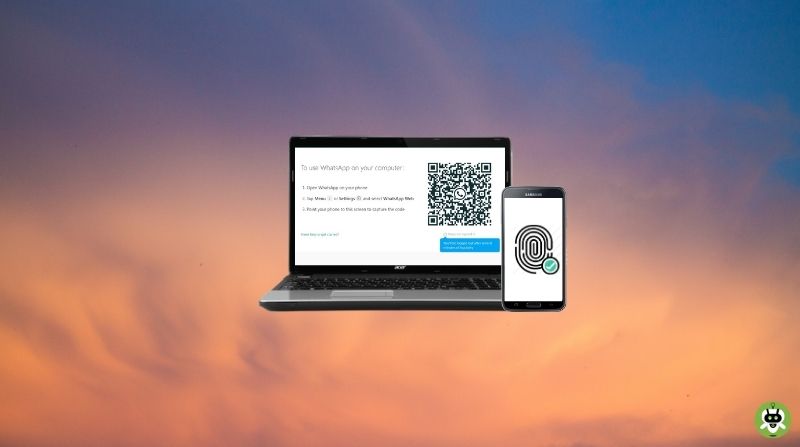An announcement is made that WhatsApp adds biometric authentication as a security feature when linking devices on the WhatsApp web browser and desktop. The new feature will prevent unethical login on the web browser. Now, the user has to permit through his smartphone for access of his WhatsApp account on the web.
Now the questions about WhatsApp adds biometric authentication are likely to be how far it can protect the user? How does it work? Who can avail of the new feature? And will WhatsApp share your biometric data?
Why WhatsApp Adds Biometric Authentication?
Well, it hands over more power to the user with its biometric authentication. It can protect the data and chats from being hacked/misused by a foreign computer. Note that the user has to enable the biometric authentication for WhatsApp in their smartphone to utilize the new feature.
WhatsApp adds biometric authentication for the web works similar to the APIs in a smartphone. To link the WhatsApp web, the user will be asked to use his facial or fingerprint before scanning the QR code. Every time the account is been logged in from the web browser; a popup/notification will be sent to the user’s phone.
In addition to this, the new feature will be available by default for the iPhone running on iOS 14 with either TouchID or FaceID and all the Android phones that have biometric authentication inbuilt.
The concern over collecting or sharing WhatsApp users’ data has been rolling out in news for the last few months. But in the new feature of WhatsApp, users’ biometric data is neither shared nor collected for any other purpose. Moreover, WhatsApp will not be able to access stored biometric data in an operating system.
The purpose of adding biometric authentication is quite clear. It offers the user more accessibility at places like cyber cafes or the workplace and also, allows users to decide who can access their Whatsapp account.

